Huawei says China has recovered enough to buy new 5G flagship phones
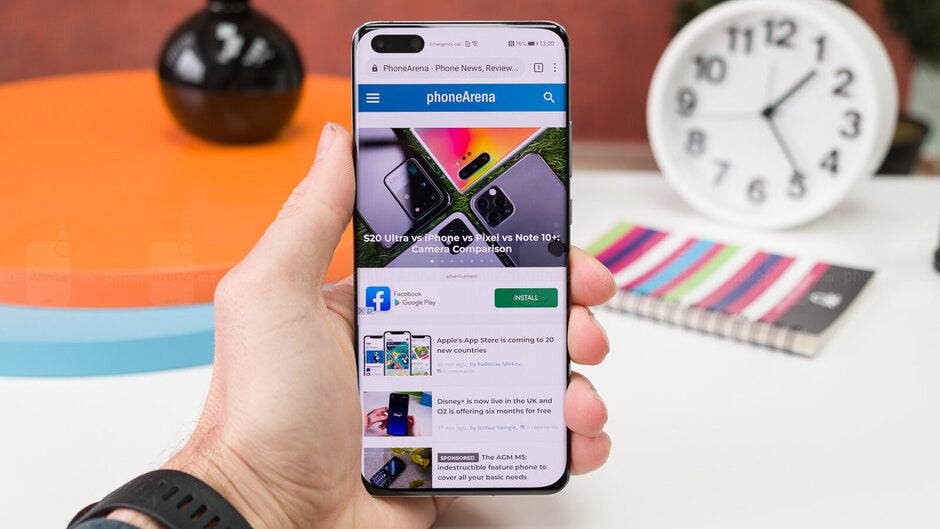
China's coronavirus timeline appears to be well ahead of other countries. That could be due to the fact that the disease first appeared in China and picked up steam there for several weeks before other countries like Italy, the U.S., and Spain started to feel the serious toll of the pandemic. Cases in China have peaked, Apple is starting the process of returning to full iPhone production and has reopened all 42 Apple Store locations in the country. And the head of Huawei's consumer group, Richard Yu, says that after China is once again open for business. According to Bloomberg, Yu said, "It’s under control and most stores are open. The supply chain and manufacturing in China has recovered."
Yu says that Huawei still wants to work with Google
Huawei unveiled its new camera-based P40 series (P40, P40 Pro, and P40 Pro+) today and the phones will be available starting next month priced at the equivalent of $878 USD and up. Each of the three new models supports the next generation of wireless connectivity, 5G. Yu says that he thinks that this will be the first year that 5G will "take off" which is why all of the P40 handsets available have a 5G modem which is integrated into the Kirin 990 5G chipset that drives these phones.
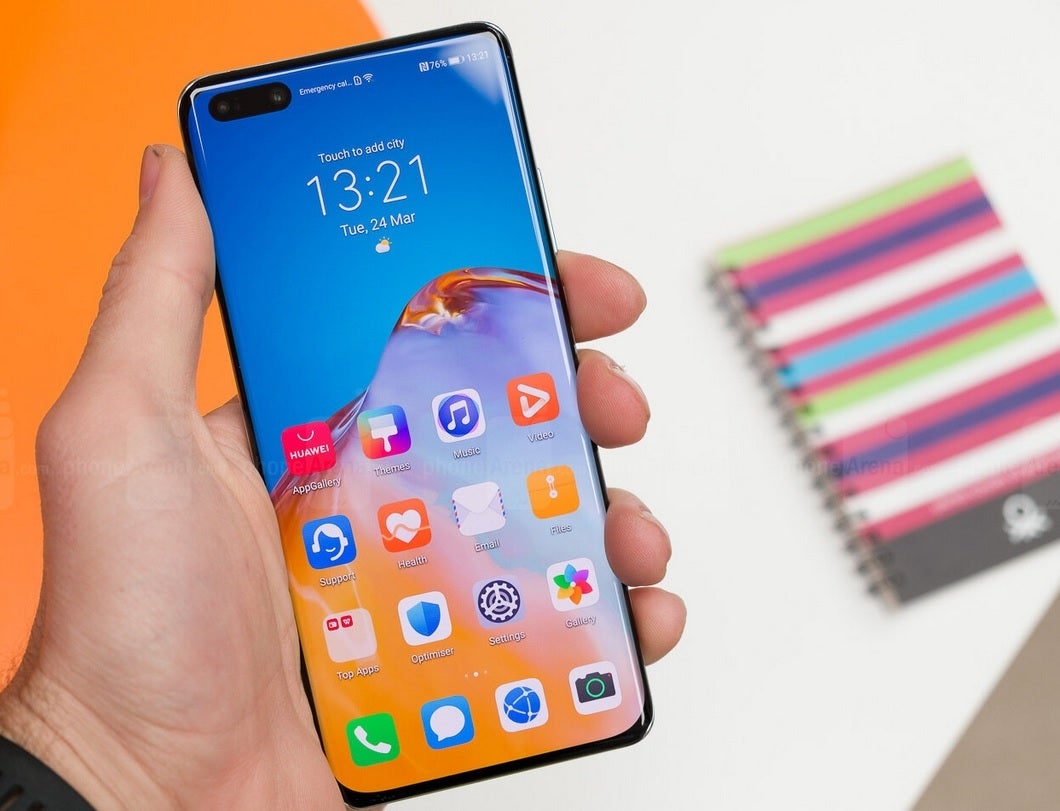
Huawei unveiled the P40 series today
The new phones are still offered without Google Mobile Service (GMS) due to the manufacturers continued placement on the U.S. Commerce Department's entity list. Due to the company's perceived ties with the communist Chinese government, the U.S. considers Huawei to be a national security threat; last May the Trump administration placed the company on the list which bans it from accessing its U.S. supply chain. While Huawei has discovered some ways around the ban, it is not allowed to license the Google ecosystem including the latter's version of Android and its core Android apps. That means that Huawei phones cannot run the Google Play Store, Google Search, Google Maps, Gmail, Drive, and others. Inside China, this means nothing since most Google apps are banned there anyway. But Huawei's international sales have been hurt by the inability of Huawei's phones to run these apps.
With the P40 line, Huawei debuts its own ecosystem and Huawei Mobile Service. This includes the company's AppGallery storefront and a brand new digital assistant called Celia. Google Assistant is not available on the open-source version of Android used by the manufacturer. Yu says that he hopes something can be worked out with the U.S. government that would allow his company to partner once again with Google. "We want to continue our partnership with Google," he said, revealing that Huawei is in discussions with the company. "We hope this issue can be solved, but we’re not the government so we can’t make the decision. They’re a smart government, and I hope they can give a license."
The Huawei executive also commented about the second generation of the foldable Mate X that it released last month powered by a more powerful chipset with an integrated 5G modem. Yu said that the firm is not making any money on the device but demand is outstripping supply. Talking about the Mate Xs, Yu states that "With time and more production we can bring the cost down and make it more competitive."
Talking about today's unveiling of the new P40 line, Ben Wood, chief of research at CCS Insight, said that although "arguably there could not be a worse time to launch a set of premium smartphones, Huawei may be in a better position than some rivals." Wood notes that China appears to be on the mend and added that "given that Huawei has been shipping over 40 million units a quarter in China in recent times, this provides a strong foundation for the business."
Meanwhile, Huawei's Yu wished the rest of the world a rapid recovery from the COVID-19 pandemic. He said, "I hope the U.K. and the world recovers soon from coronavirus. The experience from China was that the government very strictly limited the mobility of people, and quickly everything came under control. I think governments in the rest of the world are taking action like China and will quickly control it too."
Follow us on Google News







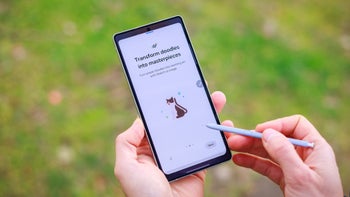
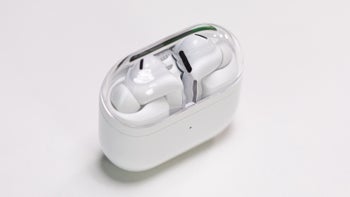
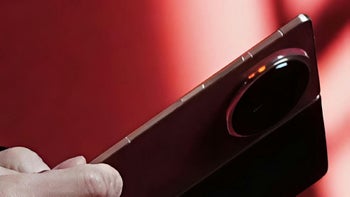
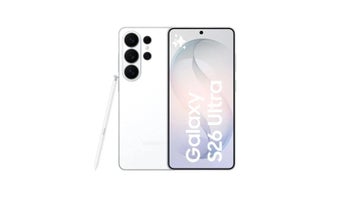
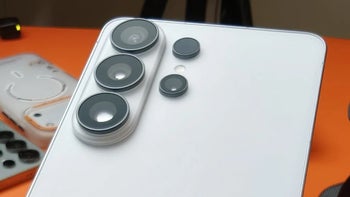
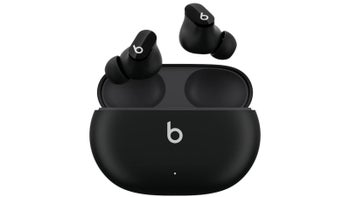
Things that are NOT allowed:
To help keep our community safe and free from spam, we apply temporary limits to newly created accounts: